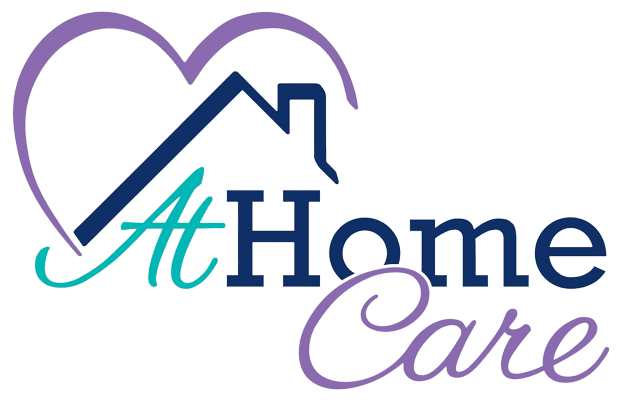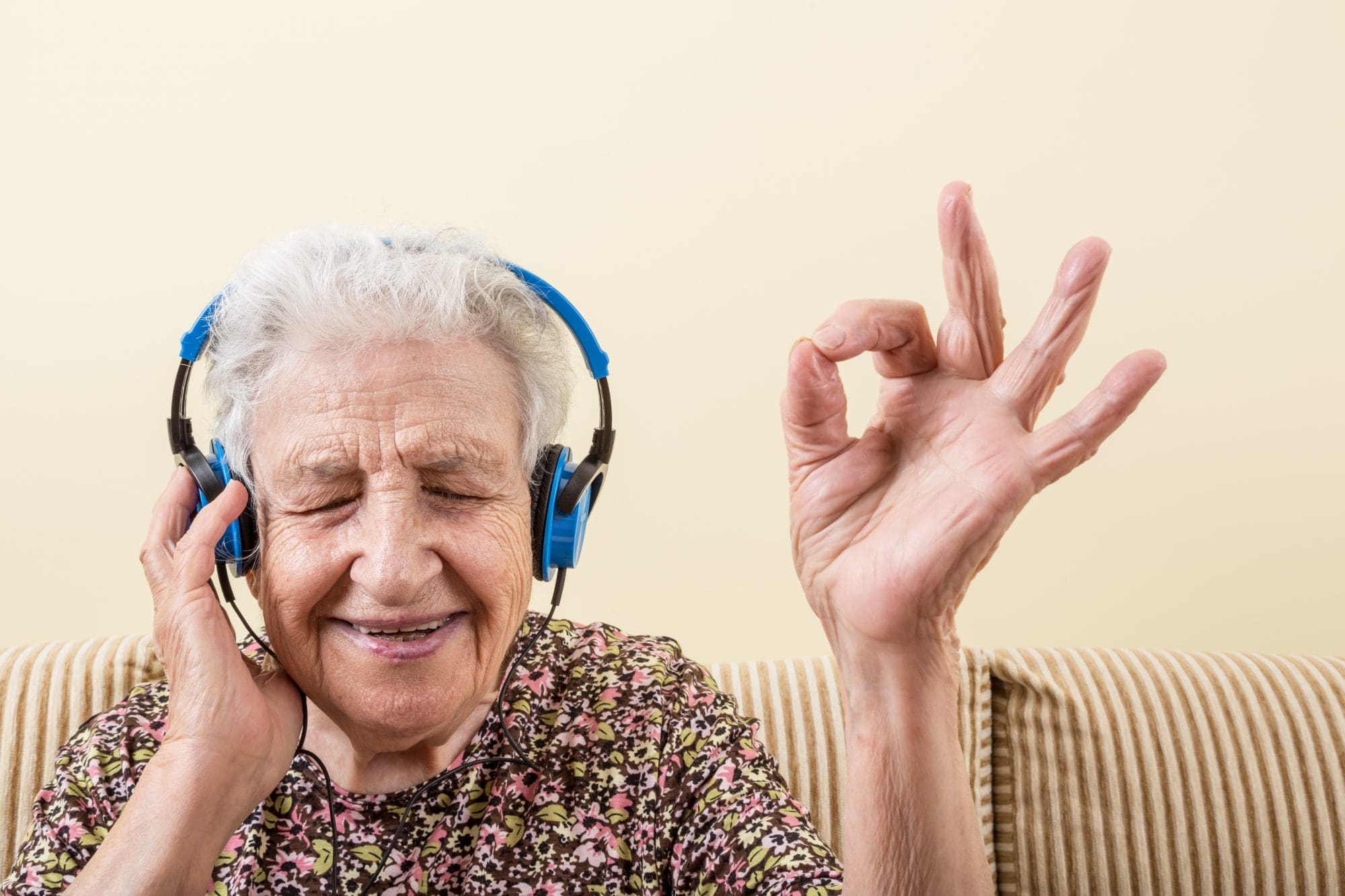What if there was a way to shine a light through the fog of Alzheimer’s Disease and talk to your senior loved one for a moment of clarity? What if that moment was brought about in as short a time as it takes to sing, “What A Wonderful World?”
The answer is not magic and it’s not considered modern medicine. The answer is music. While the cure for Alzheimer’s Disease is yet to be found, there are ways to help affected brains connect.
During recent studies, Alzheimer’s patients began to show clarity in as little time as it takes to sing “What A Wonderful World.” Music has been called an art and a gift. It bridges the gap between age groups, social statuses, and ethnicities. Not only does the gift of music entertain, uplift, and comfort everyone, music helps open a communication pathway between caregivers and victims of Alzheimer’s Disease. But how does this work?
But First: What Is Alzheimer’s Disease?
To understand the answer to that question, we need to take a quick look at the disease itself. Alzheimer’s Disease causes the brain to stop communicating with itself. This disease is particularly hurtful because it eventually erases the individuality of a person. Caregivers often feel helpless as they watch their loved ones spiral into someone they don’t know.
Experts agree that Alzheimer’s starts in the hippocampus which is responsible for long-term memory and emotional responses. It then goes to the frontal lobe, the language center of the brain. From there it spreads to the other parts of the brain, eventually adversely affecting the motor functions.
The different parts of our brain are like a group of mothers. They do many different jobs all at the same time. When one of them isn’t feeling well, another picks up the slack. Because the brain works so many different jobs at the same time, Alzheimer’s patients are able to compensate for the gradual loss of memory and speech for quite some time.
Eventually, however, communication breaks down. The brain doesn’t communicate with itself very well, or the “mom group” is in discord. Every patient is unique, but experts can agree, basic tasks will become almost impossible.
What Is This Magical Music?
It goes without saying: music has been around a very long time. No one really knows who thought to put together the first chord or string the first instrument. However, since the beginning of history, music has been used to convey humanity’s deepest griefs and greatest joys. It has been used to give us a beat to work to and a rhythm to dance with. Music is, at the same time, personal and universal.
But there’s more to music than just the art and history. Music is a personal connection and with that personal connection, it is healing. Science agrees!
Our brains don’t process music the same way they process every day life. Basically, music is processed everywhere in the brain. It connects the right side of the brain to the left. The hippocampus (where Alzheimer’s starts) responds to music the way the reward center of the brain responds to food, sex, or money. (Source) Amazingly, it doesn’t stop there. We process music in the motor areas as well. Music can help with coordination and motor control.
Music helps the brain connect to itself. It is the organizer, communicator, and peacemaker in the “group of moms”. The best part is, any time anyone listens to music, his brain makes those connections. Our brains are made to process and store music in every part and the brain of an Alzheimer’s patient is no exception. All a caregiver has to do is provide the music.
Music Therapy and Alzheimer’s: How to Share a Musical Moment
If your senior loved one is being cared for by others, ask his caregivers about providing him with music or bring in some music of your own.
If you are the primary caregiver, or you want to provide a musical moment to your senior loved one, here’s how.
- You will need an mp3 player, or any device that plays music.
- Load it up with vintage music familiar to your senior loved one. If you’re unsure what music was popular “back in the day,” here’s a link to our At Home Care Spotify playlist to get you started.
- Make sure to use headphones, not ear buds. Seniors with Alzheimer’s have trouble focusing and are easily distracted. Blocking out background noise can be helpful when listening to music.
- Put on the headphones, turn on the music, and let it work its magic for your loved one!
At Home Care provides expert services and peace of mind. Request a free consultation today.



